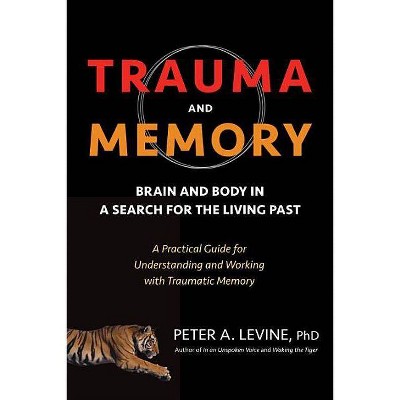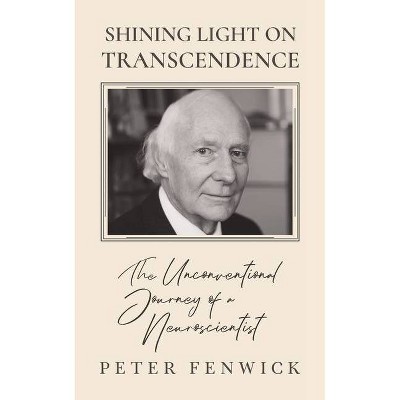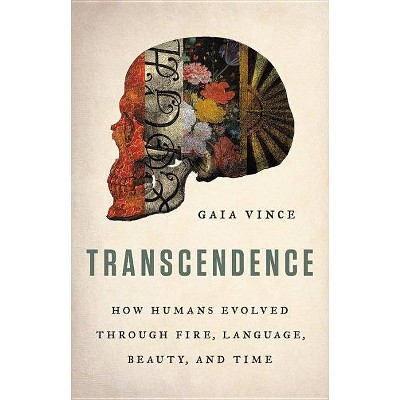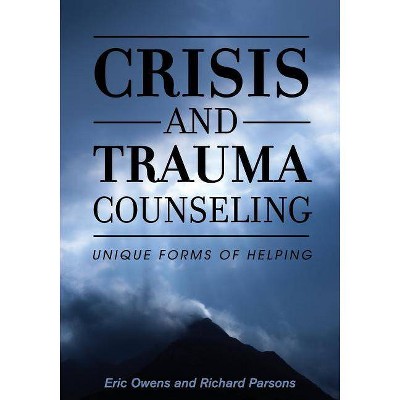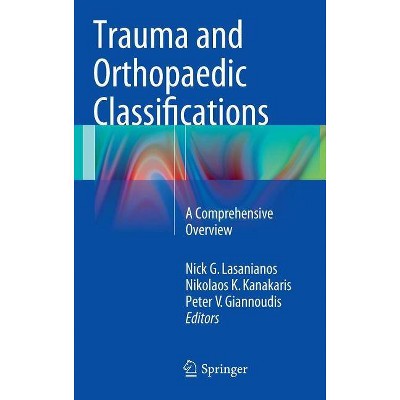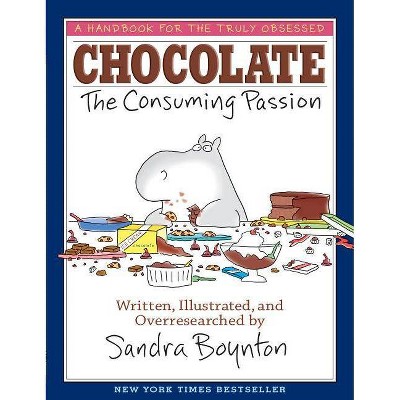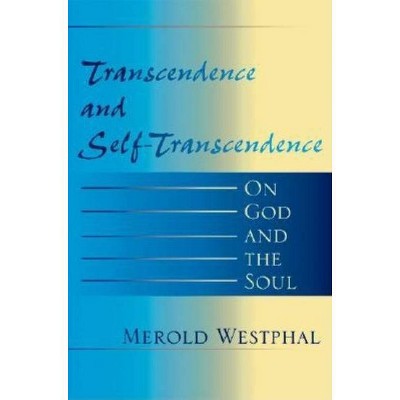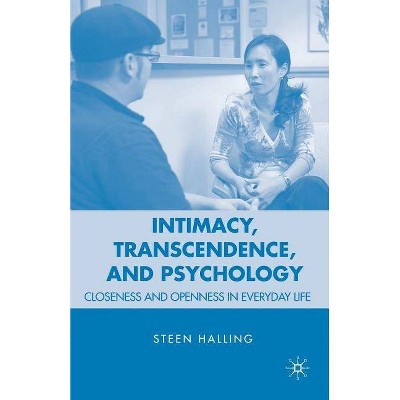Trauma and Transcendence - by Eric Boynton & Peter Capretto (Hardcover)
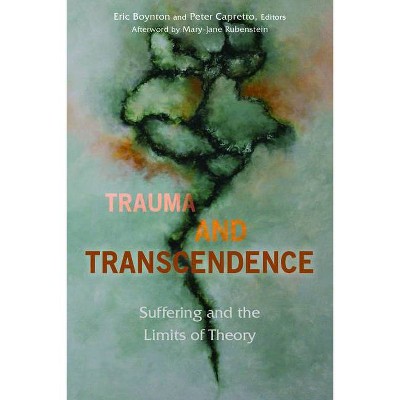
Similar Products
Products of same category from the store
AllProduct info
<p/><br></br><p><b> About the Book </b></p></br></br>This volume gathers scholars in philosophy, psychology, religion, and sociology variety of disciplines to meet the challenge of how to think trauma and transcendence inlight of the interdisciplinary character of the field of Trauma Studies and its splintering across the multiple theoretical approaches.<p/><br></br><p><b> Book Synopsis </b></p></br></br><p>Trauma theory has become a burgeoning site of research in recent decades, often demanding interdisciplinary reflections on trauma as a phenomenon that defies disciplinary ownership. While this research has always been challenged by the temporal, affective, and corporeal dimensions of trauma itself, trauma theory now faces theoretical and methodological obstacles given its growing interdisciplinarity. <i>Trauma and Transcendence</i> gathers scholars in philosophy, theology, psychoanalysis, and social theory to engage the limits and prospects of trauma's transcendence. This volume draws attention to the increasing challenge of deciding whether trauma's unassimilable quality can be wielded as a defense of traumatic experience against reductionism, or whether it succumbs to a form of obscurantism. <p/>Contributors: Eric Boynton, Peter Capretto, Tina Chanter, Vincenzo Di Nicola, Ronald Eyerman, Donna Orange, Shelly Rambo, Mary-Jane Rubenstein, Hilary Jerome Scarsella, Eric Severson, Marcia Mount Shoop, Robert D. Stolorow, George Yancy.</p><p/><br></br><p><b> Review Quotes </b></p></br></br><br>In this diverse collection, Boynton and Capretto bring together thinkers from a range of disciplines in order to explore the contributions of particular disciplines to trauma studies and the limits of those contributions. This sort of intentionally interdisciplinary conversation is rare in trauma studies literature, so in that respect this book makes a significant contribution.-- "Choice"<br><br>"For while it is in some sense true that 'we' all live in a global age of trauma, it is also the case that we do not share the burden of trauma equally, and that trauma takes different (shapeless) shape along the lines of race, gender, ability, and economic status . . .We must find a way to think--and to think clearly."<b>---Mary-Jane Rubenstein, from the afterword, <i></i></b><br><p/><br></br><p><b> About the Author </b></p></br></br><b>Mary-Jane Rubenstein (Afterword By) </b><br> Mary-Jane Rubenstein is Professor of Religion at Wesleyan University, where she is also core faculty in Feminist, Gender, and Sexuality Studies and affiliated faculty in the Science in Society Program. <p/><b>Eric Boynton (Edited By) </b><br> Eric Boynton is Professor and Chair of Philosophy and Religious Studies at Allegheny College. <p/><b>Peter Capretto (Edited By) </b><br> Peter Capretto is Fellow in Theology and Practice at Vanderbilt University in Religion, Psychology, and Culture. <p/>
Price History
Price Archive shows prices from various stores, lets you see history and find the cheapest. There is no actual sale on the website. For all support, inquiry and suggestion messages communication@pricearchive.us
